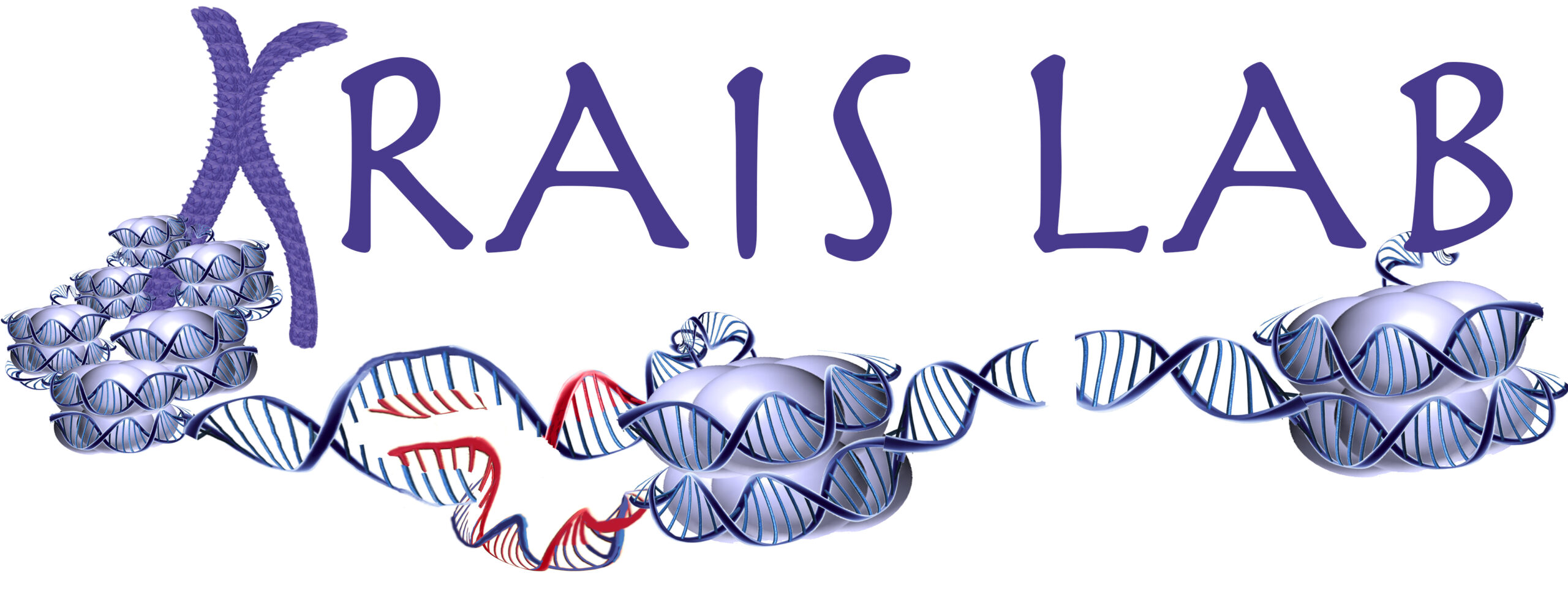Meet the current members of our lab. We are a diverse group at all career stages with a range of backgrounds and scientific expertise that together build a productive and collaborative lab atmosphere. We also have fun outside of the lab – check out our gallery page for some examples!
Principal Investigator
John Krais, PhD
John trained in Bioengineering at the University of Pittsburgh (undergrad) and the Center for Chemical, Biological, and Materials Engineering at the University of Oklahoma (grad school) where he worked on targeted drug delivery strategies. He then did postdoctoral training at Fox Chase Cancer Center and focused on DNA damage response mechanisms and therapeutics that target those pathways. When not in the lab, John tries to spend as much time outdoors with his wife Tatiana and two Rhodesian Ridgebacks.
Lab Manager
Praba Esakky, PhD
Praba received his PhD in Biochemistry with a specialization in male reproductive biology in 2008 (NIRRH, ICMR) from University of Mumbai, India. His postdoctoral training was in developmental neurobiology at WEHI (2008-2009, Melbourne, Australia), vascular physiology at UTHSC (2009-2010, Memphis), followed by training in molecular reproductive toxicology in the dept. of OB & GYN at Washington University in St. Louis (2010-2015). Following postdoc trainings, he become a research instructor in the department (2015-2019) before joining the dept. of neurosurgery as a senior scientist (2019-2023). In 2023 Praba joined the Krais laboratory in the division of Oncology.
Postdoc
Mohit Rajput, PhD
Mohit earned his Doctorate in Life Sciences from Jawaharlal Nehru University in 2022 specialization in cancer biology. After PhD, he joined University of North Carolina as a postdoctoral Research Associate then moved to Washington University in St Louis to join the Krais laboratory. When not in lab, Mohit loves playing cricket, table tennis and exploring natural landscapes.
Research Technician
Mary Claire Kendall
Mary Claire graduated from the University of Washington in Seattle with a major in General Biology and a minor in Chemistry in 2023. She also enjoys birdwatching and quilting.
Undergraduate researcher
Kate Powell
Kate is an undergraduate student at Washington University in St. Louis majoring in Molecular Biology and Biochemistry and minoring in Healthcare Management.
Undergraduate researcher
Aarsh Patel
Aarsh Patel is an undergraduate student at WashU studying chemistry and drama. When he is not drowning in schoolwork, he loves to act, play Dungeons and Dragons, and support his residential college among other things. He says don’t be shy to say hi if you see him around!
Undergraduate researcher
Rohan Rao
Rohan is an undergrad at WashU majoring in Biology on the Neuroscience track. Interests outside of school include playing golf and watching movies.
Undergraduate researcher
Irmina Mroz
Irmina is an undergraduate student at Washington University in St. Louis majoring in Biochemistry. In her free time, she enjoys playing soccer, writing, and spending time with her friends and family.
High school researcher
Anjana Goli
Anjana is a high school student interested in oncology and genetics. In her free time, she likes to read, travel, sing, and spend time with friends and family.

